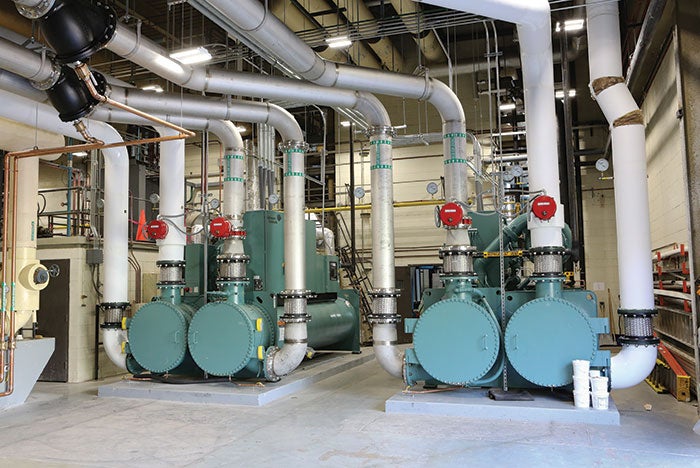Infrastructure
When HVAC system optimization is not the answer
Not all facilities are created equal when it comes to HVAC system optimization
|
Optimization makes sense for more health care HVAC systems than many facilities professionals realize. But it is not the answer for every site that needs energy-efficiency improvements. Facilities and campuses with the following characteristics are less likely to benefit from optimization or to deliver the desired return on investment:
- Sprawling complexes of small buildings with independent HVAC systems. Small buildings or buildings with distributed, unconnected systems, such as split-system air-conditioning units or rooftop units, may have rudimentary controls or no controls, making optimization more challenging and expensive.
- Old HVAC systems. Replacing an HVAC system that’s reaching the end of its useful life and combining it with optimization can have excellent payback. But if a health care facility has to live with an ancient system, optimization won’t make sense.
- Limited operating hours. Clinics, which are open only during office hours, and other relatively small health care facilities with limited operating hours (about eight hours per day or less) typically don’t use enough energy to justify optimization.
- No control system or outdated controls. If a facility has only local thermostats controlling package units or has all pneumatic controls, there is likely no data available for an optimization system to collect and no way to feed control points back to the equipment. Optimization should be considered as part of a full direct-digital controls retrofit. If that is not an option, facilities professionals should consider an investment-grade energy audit to identify opportunities for energy savings outside of optimization.
- Access to really cheap energy. Optimization may not pencil out for facilities in locations with low energy rates — the lower the energy cost, the lower the potential dollar savings. Electrical costs range from 5 cents per kilowatt-hour (kwh) to 30 cents per kwh; all other considerations being equal, it makes sense to prioritize facilities with expensive energy.
Fred Woo, P.E., is manager of engineering at Optimum Energy LLC, Seattle. He can be reached at fred.woo@optimumenergyco.com.





